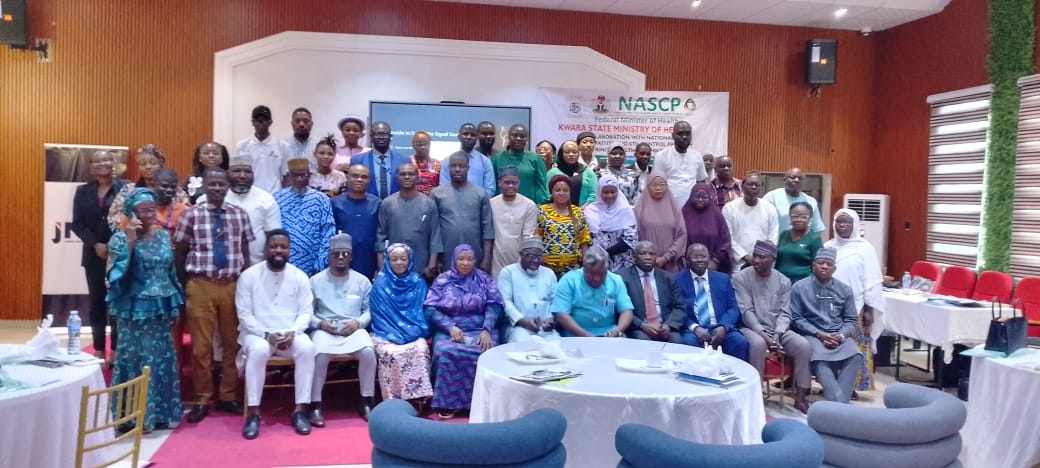By Fatima Mohammed-Lawal
The Kwara Government in collaboration with the National AIDs, Viral Hepatitis and STIs Control Program and development partners, on Wednesday in Ilorin organised a one-day summit geared towards elimination of infectious diseases.
The News Agency of Nigeria (NAN) reports that some of the development partners are the Trinity Healthcare Foundation, Abbott and Clinton Health Access Initiative and World Health Organization (WHO).
In her welcoming address, Dr Amina El-Imam, the Kwara Commissioner for Health emphasised the importance of the summit, which she said, provides the right platform to design practical solutions and strengthen partnerships for greater impact.
The Infectious Diseases Summit is themed: “Synergising Efforts to End Infectious Diseases: Strengthening Investment, Innovation and Collaboration Against HIV, Viral Hepatitis, Syphilis, and Malaria in Kwara State.”
The commissioner who was represented by the Permanent Secretary of the Ministry, Dr Abdullahi Taoheed said infectious diseases such as HIV, viral hepatitis, syphilis, and malaria continue to pose serious challenges in Kwara.
She stated that the objectives of the summit is to strengthen investment and explore innovative financing for disease elimination.
According to her, it will also help to foster innovation through showcasing research and technology that can accelerate progress.
“This summit will lead to enhancing collaboration and uniting government, civil society, private sector, and development partners in a common cause,” she said.
The commissioner commended the Federal Government and development partners on their commitment in improving health outcomes through innovation and partnership.
El-Imam also commended Gov AbdulRahman AbdulRazaq, for making significant progress in combating these diseases and strengthening the health system.
She listed some of the achievements on healthcare in the state to include expansion of access to HIV services, and increased testing, prevention of mother-to-child transmission (PMTCT) coverage.
Others, she said are improved access to antiretroviral therapy across health facilities and also strengthening malaria control efforts among others.
In his presentation, an expert in Haematology and Blood Transfusion, Prof. Sulaimon Akanmu of the College of Medicine, University of Lagos emphasised on early detection of HIV/AIDs and commencement of treatment.
The expert warned that there are people with acute HIV infections out there, while reiterating the need to actively look out for them so that treatment can be commenced early.
“There is need to expand study , so that we can determine the true burden and incidence of infection,” he said.
He explained that the estimated population with the infection is less than one percent but can contribute to 20 percent infection in the country if they are not tested and begin treatment, he warned.
Akanmu called for the total commitment of the government and all stakeholders in wide coverage in testing and treatments, so that Nigeria can reach zero case on HIV/AIDs by 2030.
Also in her presentation, Dr Khadijat Kamaldeen, the State Epidemiologist said Kwara faces risks of infectious diseases, adding that Congenital Syphilis remains a risk as screening is not routine.
The expert also added that malaria is still a major public health challenge across Nigeria which is fatal to vulnerable groups such as pregnant women and children.
She however added that Kwara has made stride in control of malaria as the state has recorded a decline and currently at six percent.
She observed that though there is significant decline in new cases of HIV/AIDs infections, challenges such as stigma, poverty, gender inequality and weak infrastructure still persist.
Kamaldeen therefore called for strengthening surveillance and scaling up prevention.
She advocated for addressing social determinants such as poverty, education, stigma and gender equality.
